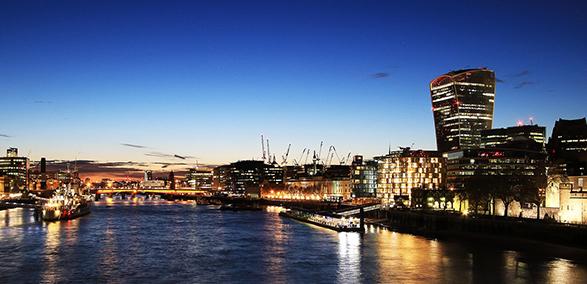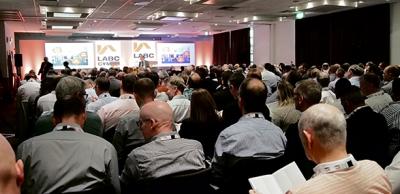Building owners need to act now to comply with Minimum Energy Efficiency Standards
Time is running out for owners of commercial buildings to avoid the risk of breaking the law and make vital energy saving improvements, say energy performance assessment specialists Elmhurst Energy.
From 1 April 2018, it will be unlawful to grant new leases to new or existing tenants for properties in England and Wales that do not meet the government’s Minimum Energy Efficiency Standards (MEES), part of the Private Rental Sector Energy Efficiency Regulations 2015.
It will be the landlord’s responsibility to ensure that the property has an Energy Performance Certificate (EPC) that demonstrates the property meets the minimum energy rating of an E.
Need energy and sustainability advice? Get in touch
However, it is estimated that up to 20% of all non-domestic properties in England and Wales could have an F or G rating, and in most cases it will be illegal to rent any property without an EPC, or with an EPC that declares a rating of F or G.
Elmhurst Energy is encouraging landlords to act now by commissioning an up to date EPC that will not only identify the current rating (which may have changed over time) but will also recommend opportunities for improvement.
“Owners of commercial buildings are running out of time to make improvements to their building as it will take time to implement energy saving improvements,” says Martyn Reed, Managing Director of Elmhurst Energy.
“It is vitally important that facilities and energy managers assess the energy efficiency of their non-domestic properties by commissioning an energy assessment to establish the current rating and to identify what measures must be implemented between now and April 2018.”
There are some exemptions. For example, if the property does not require an EPC under current regulations, and the landlord can demonstrate they have implemented all cost effective energy improvements (or the required improvement will devalue the property), then the landlord can apply for an exemption. This isn’t easy, however, and shouldn’t be seen as a loophole.
Elmhurst Energy says that this is just the start, as from April 2023 the regulations will apply even when the lease is already in place. It is then proposed that the bar will be raised to prohibit the rental of properties rated at D and E from 2030.
Importantly, MEES should not be seen as punitive as the required improvement will add value to a property and business in the long run.
Further information
- Visit the Elmhurst Energy website
- Minimum Energy Efficiency Management Standards
- How to make homes more energy efficient
Please Note: Every care was taken to ensure the information was correct at the time of publication. Any written guidance provided does not replace the user’s professional judgement. It is the responsibility of the dutyholder or person carrying out the work to ensure compliance with relevant building regulations or applicable technical standards.
Sign up to the building bulletin newsletter
Over 48,000 construction professionals have already signed up for the LABC Building Bulletin.
Join them and receive useful tips, practical technical information and industry news by email once every 6 weeks.
Subscribe to the Building Bulletin




Comments
(No subject)
Submitted 6 years 6 months ago
Alan
London-EPC
Webmaster note
Submitted 6 years 6 months ago
Ychwanegu sylw newydd